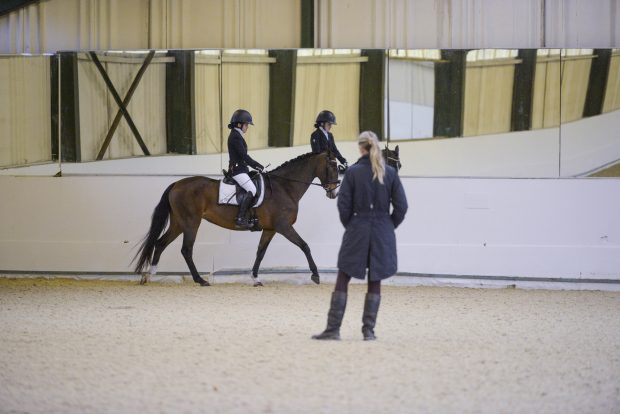View horses for sale
More legal advice on buying horses
Q: I recently viewed a horse, liked it, and agreed to buy it. It was a private sale, and I paid the purchase price to the seller, who agreed that the horse would be delivered to my premises two weeks later. After the sale, but before delivery to my yard, the horse died. Am I entitled to repayment of the purchase price?
A: “That depends on when ownership of the horse, and, therefore, risk in the horse as an item of property, was transferred from the seller to you,” says Lucy Jay of Travers Smith solicitors.
“The legislation governing sale of goods, including horses, states that ownership passes from the seller to the buyer at the time both parties intend.
“There is no hard and fast rule as to when ownership is transferred; it is decided legally by examining the terms of the contract (whether it is a written or verbal contract), the conduct of the parties, the circumstances of the case and certain guideline rules contained in the legislation.
“In most cases, ownership will pass to the buyer when they agree to buy the horse on certain terms, even though the horse may not yet have been delivered to the buyer’s premises.
“In those circumstances, the buyer, as the legal owner, bears the risk of the horse being injured or dying during the period between the sale being agreed and delivery. Therefore, if the horse died in that period, the seller would be entitled to keep the money paid for the horse.
“The buyer may be able to dispute this if they could show that they expressly agreed with the seller – preferably in writing – that ownership, and therefore risk in the horse, would only pass to them after the horse was delivered.
“I would therefore advise buyers, particularly in private sales, not to pay the full purchase price until they have either collected the horse or it has been delivered to their premises.
“This will also help both parties avoid difficult questions such as who is responsible for the cost of any veterinary advice or care required between sale and delivery, and what is expected of the seller during that time with regard to issues such as feeding, shoeing and any exercising.
“If the horse must remain in the seller’s care after purchase, agree clear terms in writing as to the seller’s obligations in relation to its care, and who is to bear financial responsibility if the horse is injured or dies in the intervening period.”
Horse insurance is another important area, and buyers should arrange cover from the time they take over ownership – check that there are no clauses limiting cover during the first few weeks.
www.traverssmith.com
This Q&A was first published in Horse & Hound
Looking for horses for sale near you?
Need legal advice on buying horses?
Buying a new horse? Compare insurance prices at horseandhound.co.uk/insurance




